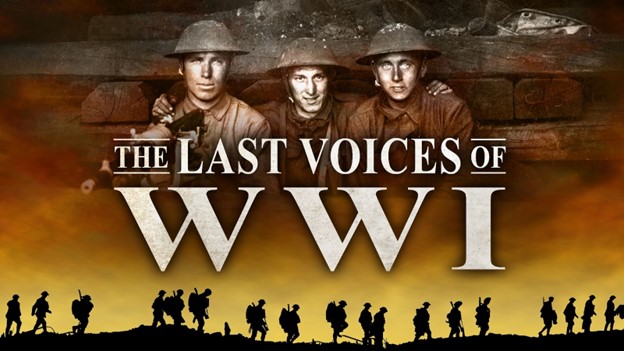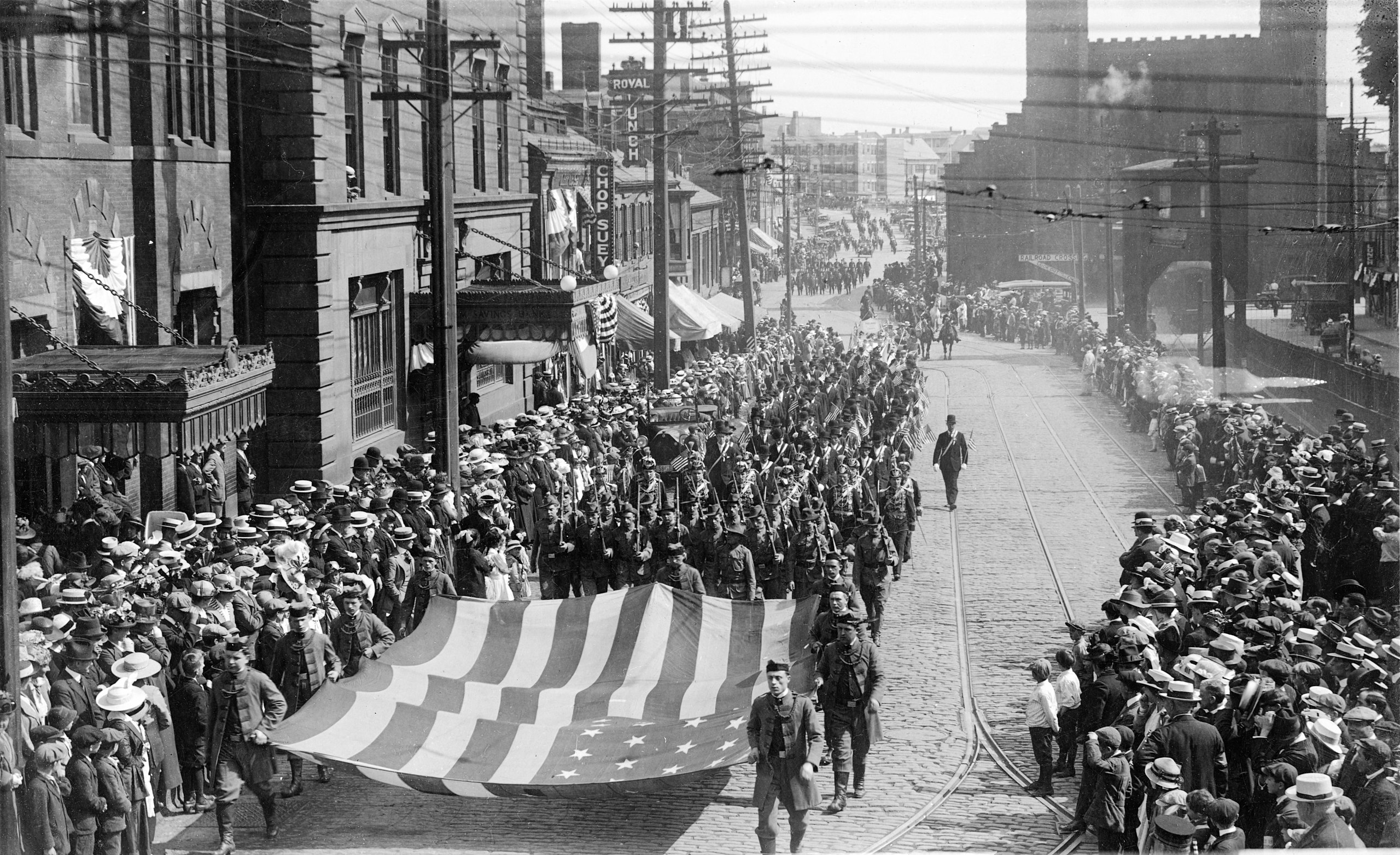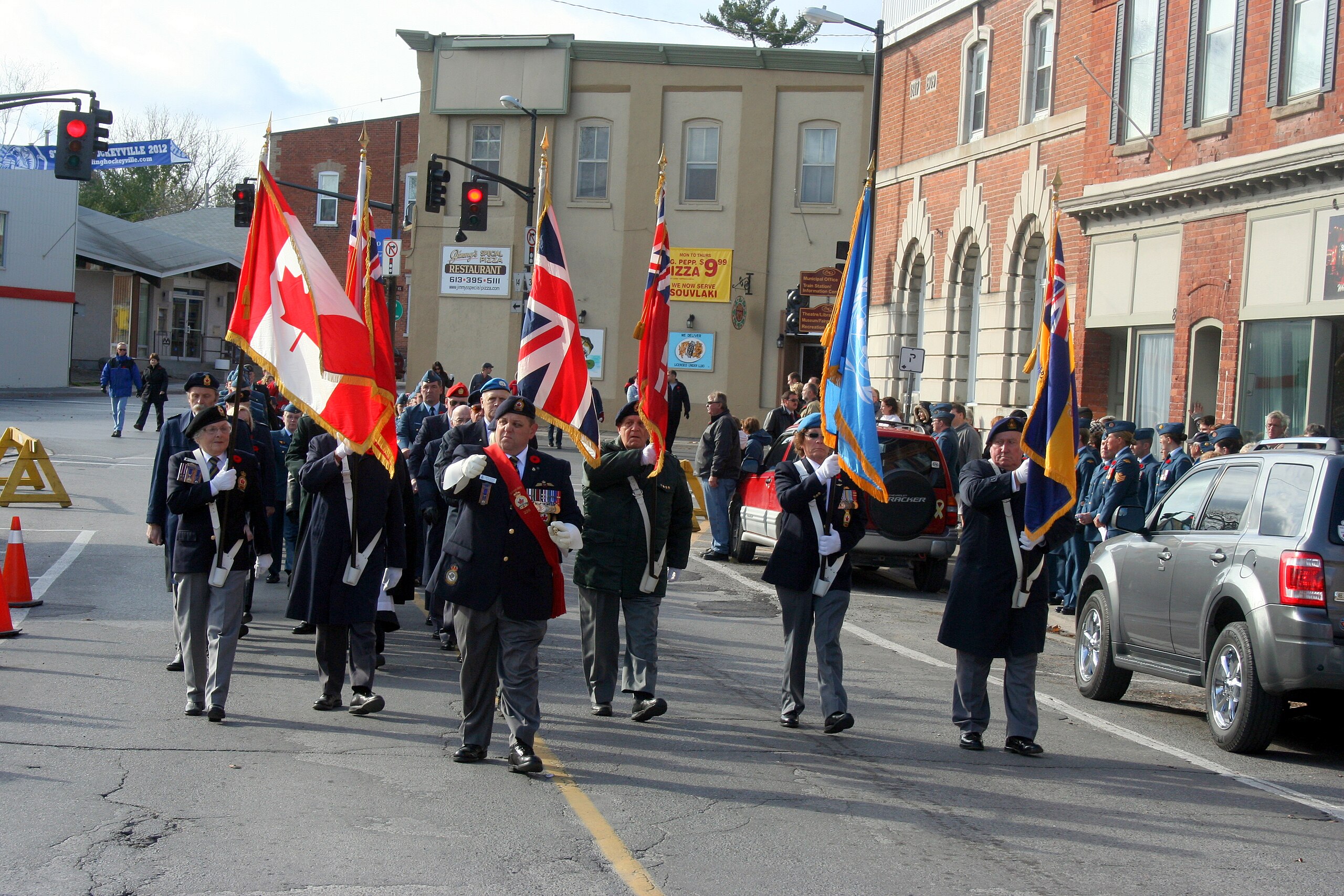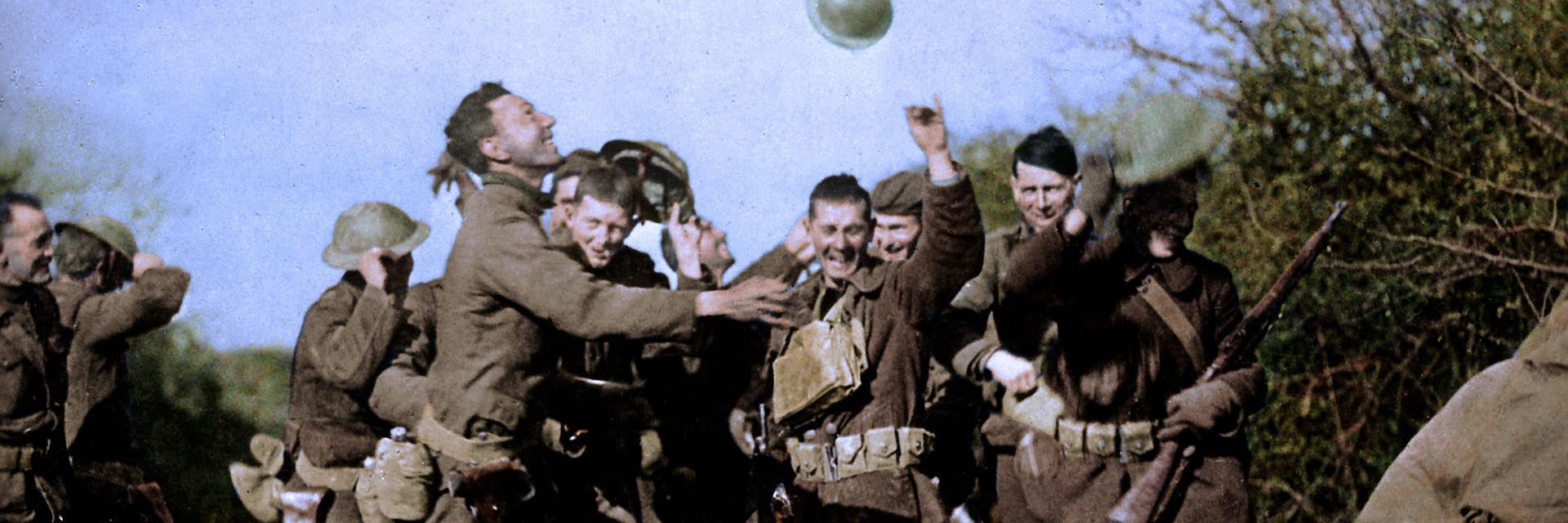“On Armistice Day the Philharmonic will play / But the songs that we sing will be sad”
— Paul Simon
◊
Armistice Day, known now as Veterans Day in the U.S. and Remembrance Day in the U.K. and British Commonwealth, is observed on November 11 each year. It is a poignant reminder of the historic ceasefire that ended hostilities on the Western Front of World War I.
The Armistice itself, signed in a railway carriage in the Forest of Compiègne, 80 miles north of Paris, went into effect at the 11th hour of the 11th day of the 11th month, symbolizing a hopeful peace after unprecedented carnage and destruction that had begun four long years before. Over time, the date has evolved to commemorate the service of millions of military personnel in that war and the many wars that have followed.

Relive the heroism and heartbreak of war with the men, women, and children of the Great War in MagellanTV's riveting series The Last Voices of WWI.
The Origin of the Armistice Day Observance
The first Armistice Day commemoration took place on November 11, 1919, exactly one year after the war ended. At the direction of King George V, the whole British Empire observed two minutes of silence to honor the dead. The gesture was not just a mark of respect; it was a tangible expression of the grief and, indeed, the relief that swept through nations when all was truly quiet on the Western Front.

Armistice Day parade, Salem, Massachusetts, 1919 (Credit: Leland O. Tilford, via Wikimedia Commons)
To mark the anniversary, U.S. President Woodrow Wilson declared that “reflections of Armistice Day will be filled with solemn pride in the heroism of those who died in the country’s service and with gratitude for the victory . . .” But it was not until 1938 that Congress confirmed Armistice Day as a legal holiday in the United States.
Inspired by Lieutenant Colonel John McCrae’s poem “In Flanders Fields,” the red poppy flower emerged as a fitting symbol for Armistice Day.
Armistice Day Evolves to Embrace Veterans of All Stripes
The scope of Armistice Day expanded as the world faced subsequent conflicts. In some countries, the day transitioned from its focus on those who had served and fallen in World War I to a holiday to honor all veterans. The day came to reflect a broader recognition of the complexity and continuity of military service, extending gratitude to those who have served and acknowledging the sacrifices that many have made.
For instance, the United States, which observes Memorial Day to honor service members who made the ultimate sacrifice, transformed Armistice Day into Veterans Day in 1954 as an expression of the country’s debt to veterans, including the living, who have served in all of its wars.

Royal Canadian Legion contingent in 2011 Remembrance Day parade, Stirling, Ontario, Canada (Credit: Robert Taylor, via Wikimedia Commons)
In the United Kingdom and the Commonwealth countries, Armistice Day became Remembrance Day, with a continued emphasis on the fallen and incorporating traditions such as the laying of wreaths, the playing of the Last Post, and remembrance services. And November 11 remains a public holiday, too, in France and Belgium.
More than a century after World War I ended, and under whatever name it has been given, Armistice Day is still a powerful reminder of the fragility of peace. The day stands as an enduring legacy of the war that did not end wars and, yet, a testament to humanity’s quest for a world free of armed conflict.
Ω
Title Image: American soldiers celebrating the Armistice, November 11, 1918 (Credit: Cassowary Colorizations, via Wikimedia Commons)

